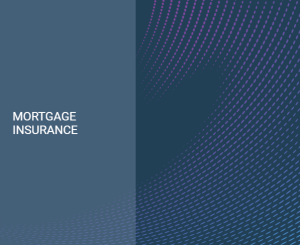
Mortgage Insurance PMI & MIP Explained
Mortgage insurance is a financial product designed to protect lenders in case borrowers default on their mortgage payments. It is typically required when the borrower’s down payment is less than 20% of the home’s purchase price. There are two primary types of mortgage insurance:
Private Mortgage Insurance (PMI) for conventional loans and Mortgage Insurance Premium (MIP) for certain government-backed loans like FHA (Federal Housing Administration) and USDA (United States Department of Agriculture) loans.
Private Mortgage Insurance (PMI)
Requirement: PMI is typically required by lenders when the borrower makes a down payment of less than 20% on a conventional loan.
Cost: The cost of PMI is usually a monthly premium paid by the borrower and can vary based on factors like the loan-to-value ratio (LTV) and the borrower’s credit score.
Cancellation: Once the borrower’s equity in the home reaches 20% or more, either through mortgage payments or appreciation, they may request the cancellation of PMI. Automatic termination may also occur when the loan-to-value ratio reaches 78%, according to federal law.
Mortgage Insurance Premium (MIP)
Requirement: MIP is required for certain government-backed loans, such as FHA and USDA loans, regardless of the down payment amount.
Cost: MIP includes both an upfront premium, paid at the time of closing or added to the loan amount, and an annual premium, paid monthly. The annual premium is based on the
loan amount, loan term, and loan-to-value ratio.
Cancellation: FHA loans with a down payment made after June 3, 2013, and a loan-to-value ratio greater than 90%, require MIP for the entire loan term. However, FHA loans with a down payment of 10% or more may allow MIP to be canceled after 11 years.
The primary purpose of mortgage insurance is to protect lenders from financial losses in case borrowers default on their loans. It allows borrowers with a lower down payment to qualify for a mortgage, expanding homeownership opportunities. While mortgage insurance adds an extra cost to the monthly mortgage payment, it enables individuals to enter the housing market with a more affordable upfront investment.
It’s important for borrowers to understand the terms and conditions of mortgage insurance, including how and when it can be canceled, to make informed decisions about their home financing. Additionally, mortgage insurance should not be confused with homeowners insurance, which protects the homeowner against property damage and liability.
